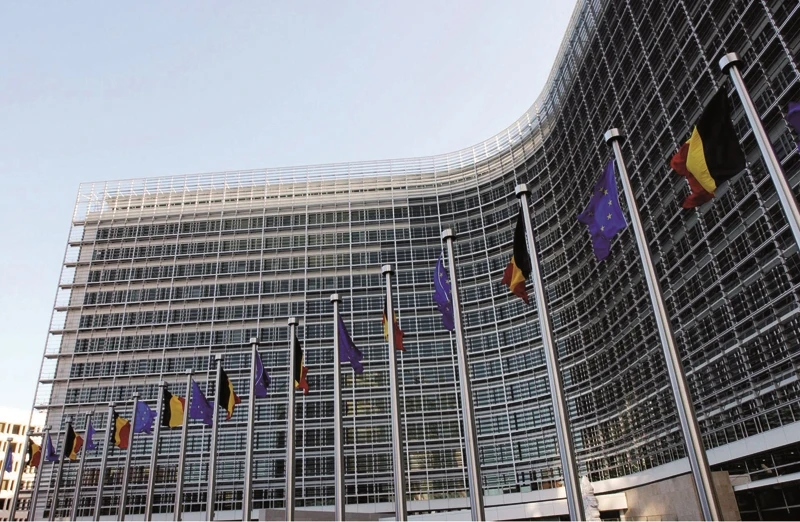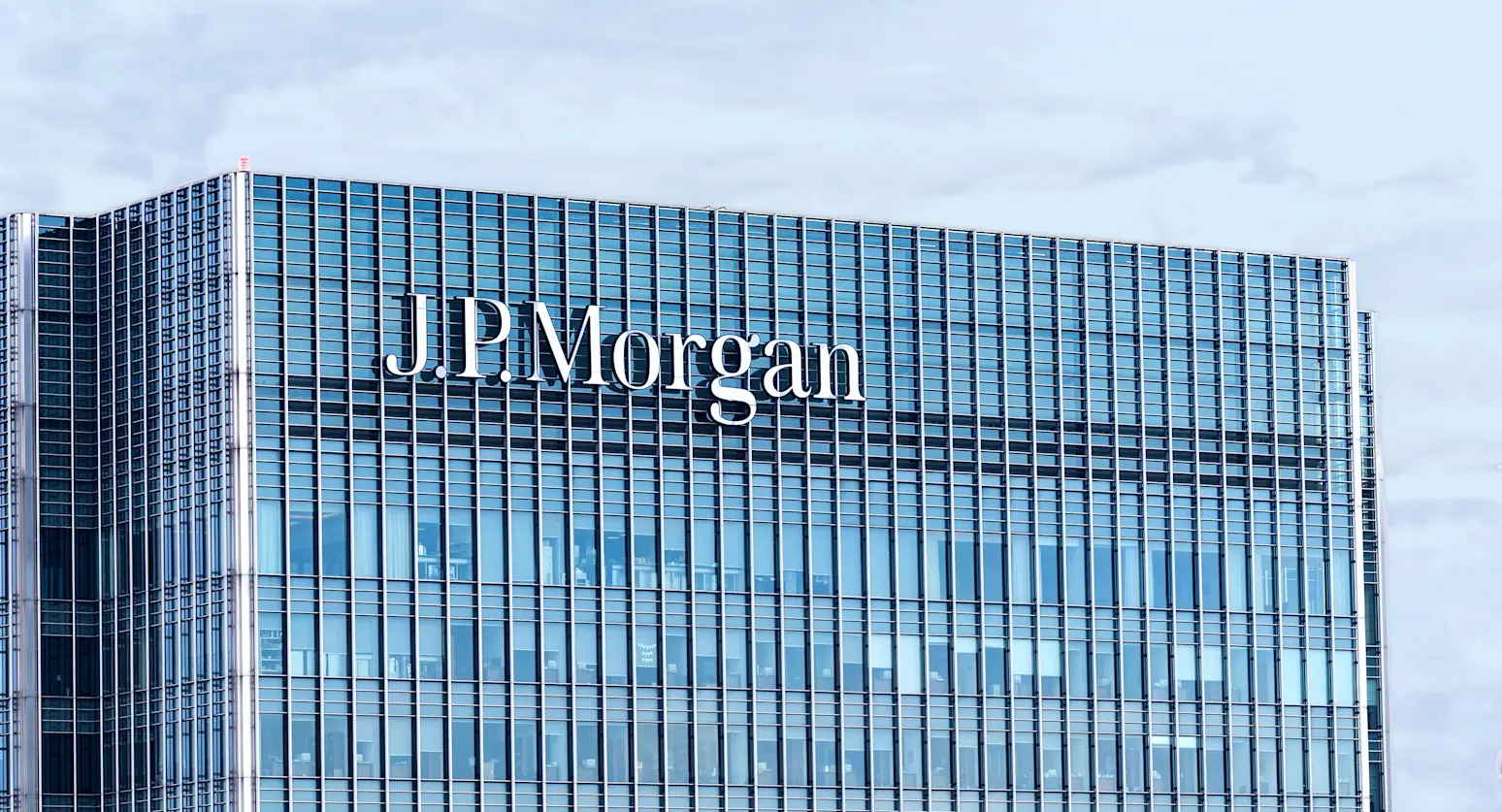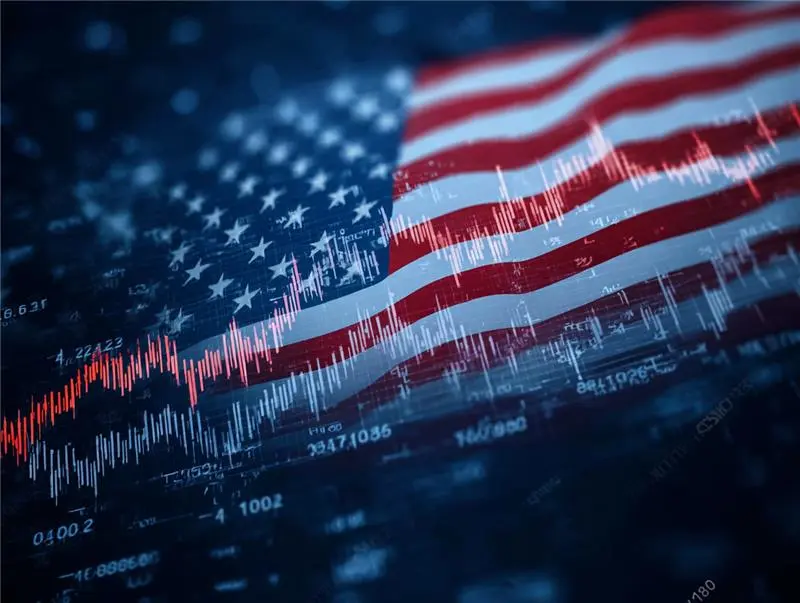ANALYSIS: Societe Generale dissects Europe's active account requirement
14th February, 2025|Luke Jeffs

A senior derivatives expert at Societe Generale has described the intricacies of Europe’s upcoming EMIR 3.0 regulation, warning there is more to the legislation than the controversial active account requirement.
Speaking at the FOW Trading London event on Thursday, the head of OTC prime brokerage clearing at the French bank said most clients have already opened accounts in preparation for the regulation, which is set to take effect in late June.
Jamie Gavin told the conference: “The active account requirement is what it says, you have to have active accounts at an EU central counterparty (CCP), both for futures which is relatively easy because clients are clearing Bund, Bobl, Schatz with Eurex already, but for swaps there is an onboarding requirement.”
The European Securities and Markets Authority plans to introduce in just over four months the active account requirement (AAR), part of the latest EMIR reforms, which requires European firms to clear a “representative number” of Euro interest rate derivatives products at a European CCP.
The regulation covers Euro and Polish Zloty interest rate swaps (IRS), and Euro-denominated short-term interest rate (STIR) futures including the three-month Euribor standard.
Eurex Clearing, part of Deutsche Boerse, is the obvious beneficiary of the AAR, given the Frankfurt-based clearing house already clears these interest rate derivatives.
Gavin said: “There are three categories – Euro IRS, Polish IRS and Euro STIRs – and there are up to three classes per category and up to twelve sub-categories per class. Within EUR IRS, for example, with 36 possible sub-categories, the fifteen most relevant will need to be chosen.”
He continued: “This means that for Euro interest rate derivatives, you may have to clear up to 150 trades or 900 trades a year depending on the size of your activity. In Polish, it’s up to ten trades a year which reflects the liquidity in the Polish market, and in Euro STIR futures it can mean anything between 60 and 280 trades per year, again depending on your size and mix of ESTR and Euribor futures.”
While the European Level One text has been agreed, outlining the AAR requirements, the Regulatory Technical Standards (RTS) that firms like Societe Generale need have not yet been finalised.
“There is a caveat here that all RTS relating to representativeness and other operational requirements are all under consultation and we are still waiting for the final outcomes.”
Gavin went on to suggest that clients work with a trusted clearing partner to help them understand better the specific requirements when the RTSs are finalised.
He also said that, while all firms caught by the clearing obligation are subject to the regulation, those that clear 85% of their book with an EU CCP or firms with outstanding notional under €6bn (£5bn) are not required to set-up active accounts. They must, however, comply with the other operational aspects of the regulation.
The SG prime clearing head went on to suggest that, while much of the focus of EMIR 3.0 has been the AAR, there are other serious operational requirements.
“In terms of reporting requirements, twelve months after entry, there is a need for annual reporting on the scope of your clearing activity and there are pretty severe reporting penalties if you don’t do that,” Gavin said.
Asked what could be the effect of the AAR on Euro swaps clearing, Gavin concluded: “Recent research by ClarusFT suggests 30,000 Euro swaps could move to Eurex which equates to about 8% of the market, which is about €1.2bn in DV01 and amounts to about a 40% increase in volumes for Eurex. Therefore, there will be real trading and real risk that moves off the back of this.”


